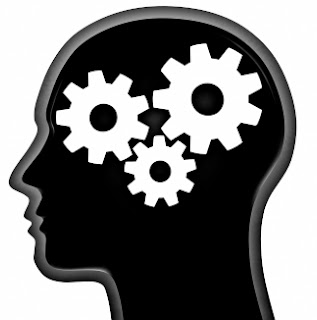Divergent thinking is mostly found among people who are curious, willing to take risks and persistent.
Divergent thinking can be cultivated through training alone and these attitudes linger for several weeks after the training is completed.
The most used divergent thinking norms are those of brainstorming: quantity of ideas is wanted, defer evaluation or judgment of ideas till after the session, wild ideas are welcome, combination and improvement of ideas is sought.
Scenario writing also can promote divergent thinking: it can be taught to use the person imaginations to picture some other person going about achieving the chosen goal.
Other values that promote divergent thinking are those that are frequently quoted as values that promote creativity.
With regard to creativity training, two types of materials stood out: lecture and case-based materials. Both of these techniques were effective for promoting general creativity but also for divergent thinking, problem-solving, performance and attitudes towards creativity.
How to promote divergent thinking?
Protein and Its Impact on Nutrition, Food Properties, and Health
-
*Nutritional Role of Protein*
Protein accounts for about 10–15 percent of energy in human diets and is
indispensable for life. It forms the structure of all...







